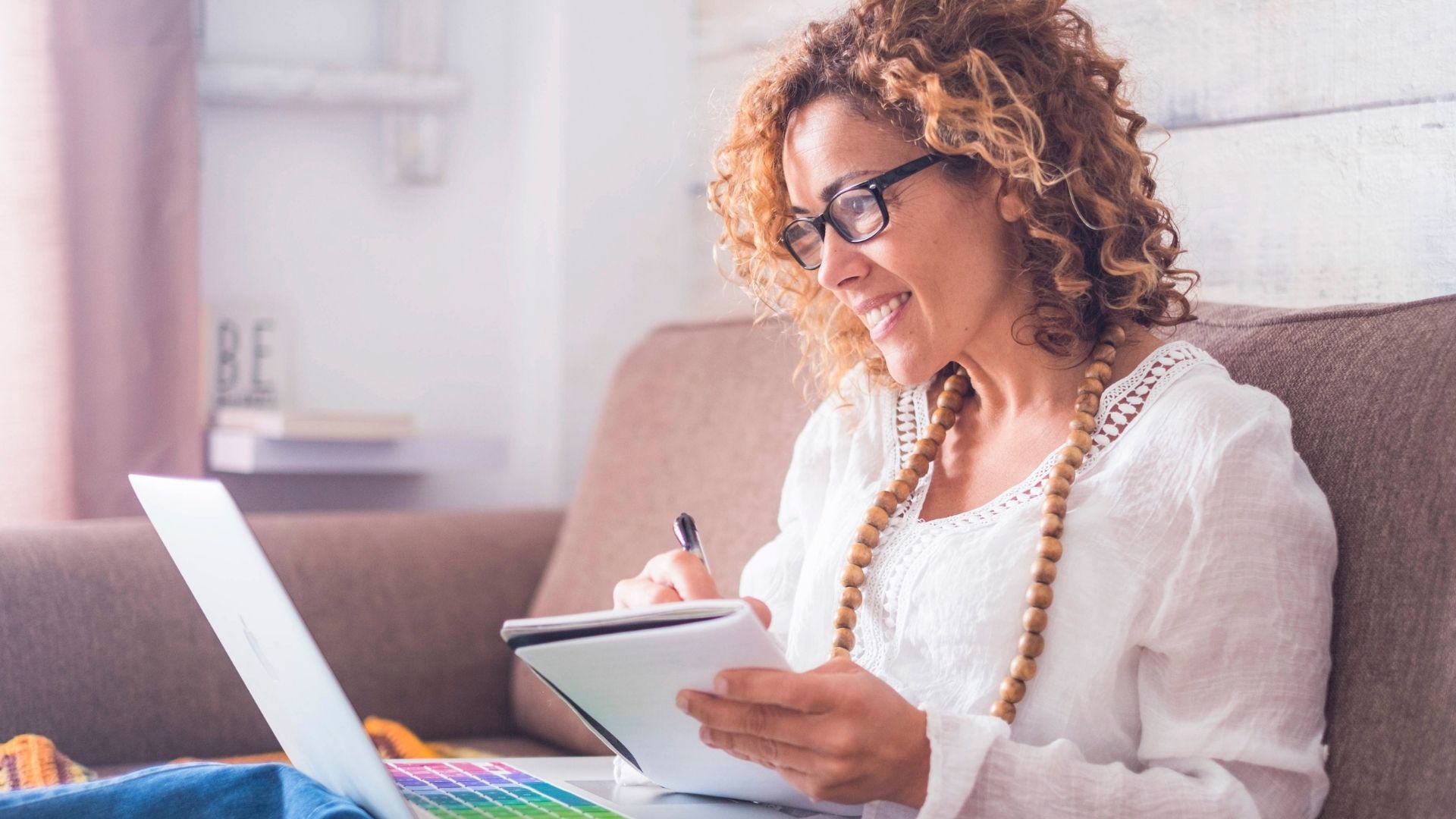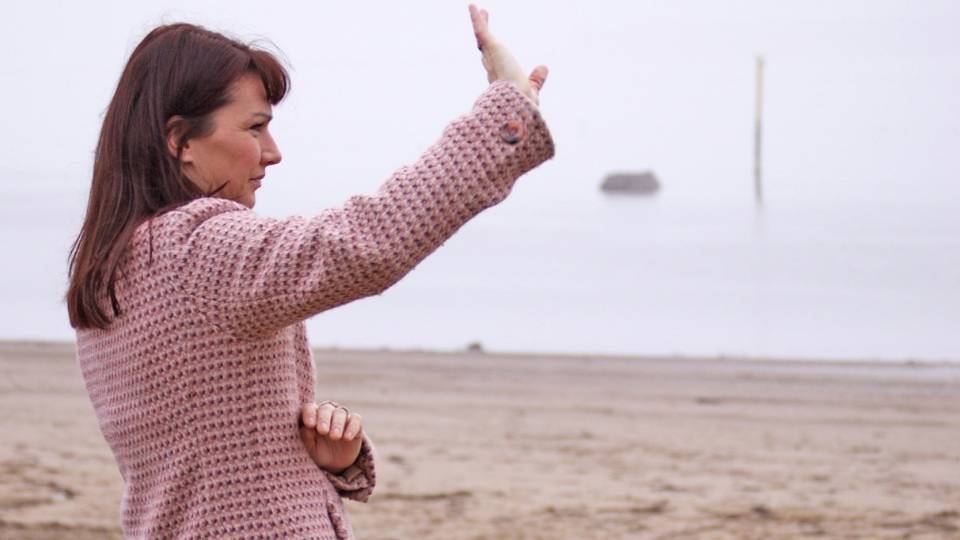
As more and more people receive their vaccinations, the possibility of resuming social interactions, commuting, office life, and indoor dining is moving towards us like clouds on a windy day. This is exciting for some folks, but not everyone. For more than a few folks, the thought of returning to the weekday commute, enduring family parties, or having to see the boss face to face on a regular basis can be dread inducing.
Let’s face it, many of us have been able to enjoy “socially distancing” from people that we’d actually love to stay away from permanently. Maybe it’s an interfering in-law, or a person who sits way too close to you on the bus (when there are other open spots available), or the annoying coworker that always interrupts you while you are at your desk, there is probably at least one person that you have enjoyed seeing less of during pandemic times. Having mixed feelings about returning to a less socially distanced life is understandable and quite normal.

Reflecting On Your Life Before Covid-19 Can Help Prepare You For After
Right now, before things begin to fully open up again, you have an opportunity to think about how you want to live your life moving forward. You can reflect on what benefits you experienced from the restrictive safety measures, who you are looking forward to getting closer to again, and how to manage your anxieties about facing the people and environments that you’ve been able to avoid for over a year now. This is something you can do either alone, with a therapist, or a trusted friend. Consider how you managed being in these social situations before the pandemic began. How did you cope? Was it enough, or were these situations difficult before as well? Is there something that you can do differently, this time around? The nice thing about the life altering events of Covid-19 is that it gives a valid reason for new changes in your behaviour, after all, living a socially distanced life for a year has impacted everyone in different ways.
Now is the perfect time to learn how to take care of yourself during social situations. This doesn’t mean avoiding anything or anyone that makes you anxious, but rather setting yourself up so that you are supported and cared for, should nerves and feelings arise. Make a plan that you can put into action with a significant other when you go to family events, that way if you begin to feel overwhelmed, they can support you in a way that is helpful, possibly by going for a quick walk around the block together to take a moment to relax and get grounded.
Remember that if you continue to be too anxious to enjoy yourself, it is okay to say your goodbyes and head home a little early. If you feel jittery about being back at the office, try redesigning your workspace to be more conducive to the flow of your day, have an item or two that helps you to feel more relaxed such as a squishy ball or a photo from vacation. You can even create a sign for well meaning but disruptive co-workers to let them know that you only wish to be interrupted for important work related reasons.
Pandemics Can End, So Do Relationships

If You Are Feeling Anxious Or Depressed About The Loosening Of Social Distancing Restrictions Here’s How To Get Support
Depression and anxiety are both conditions that are treatable with professional support. Your first step should be to reach out to your primary healthcare provider and express your concerns. They will recommend steps to take such as talking to a counsellor, seeking out support groups, or taking medication. It’s important to note that sometimes it might take a few tries with different medication, or you may have to meet with a few different therapists before you meet the right mental health professional that you connect with.
Social Distancing Has Revealed What Really Matters

